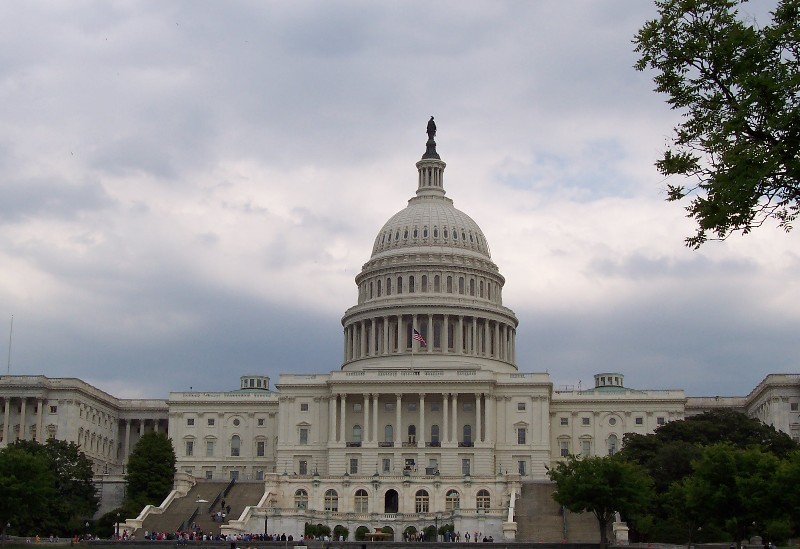Authors: Randy Simmons and Ryan Yonk

Government agencies create public demand by scaring people into imagining a world without their services. It’s nothing new—this “Washington Monument Strategy” has been in play for over fifty years.
In 1968 when the National Park Service (NPS) was facing budget cuts, they strategically shut down the elevator to the top of the Washington National Monument, claiming that they could not afford to run the elevator. Panicking tourists were encouraged by staff members to contact their congressmen and urge them to oppose NPS budget cuts.
Shutting down the elevator did little to save money, as they could have chosen far more economically efficient budget cuts. But this move by NPS was politically brilliant. It scared voters and motivated them to act to stop the budget cuts. Similar strategies are employed in cities across the nation. When a city is facing tax cuts, they claim they will need to reduce garbage collection or police protection unless taxes are increased.
The “Washington Monument Strategy” is effective because public servants do not face the same pressures as people operating in the market economy. Living outside of the laws of supply and demand, public officials are able to make effective threats to maintain public spending. If a company threatens to pull a product off of the shelf, consumers can always buy another product. When the National Park Service shuts down the elevator in the Washington Monument, however, tourists cannot simply use another elevator. Government monopolies necessitate their own continuation.
The truth of the matter is that the Washington Monument elevator did not need to be shut down in order to deal with budget cuts. Defense programs that are vital to national security do not need to be shut down after the sequester. More than 40,000 teachers across the nation do not need to lose their jobs in the following year.
There are more effective and efficient ways to cut spending that will have much lower impacts on the economy.
Randy T. Simmons is the Director of the Institute for Political Economy, Professor of Political Economy at Utah State University, and PERC senior fellow.
Ryan M. Yonk is Assistant Professor of Political Science at Southern Utah University and Director of the Institute of Policy Analysis.


